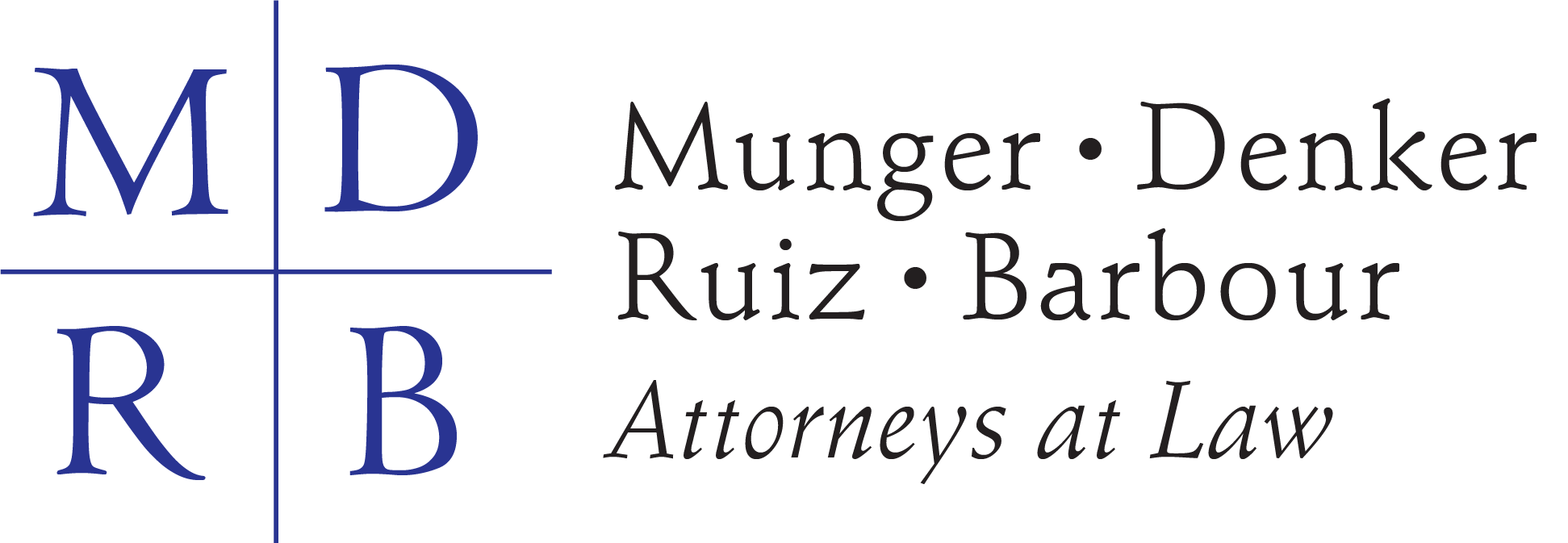
The Art of Contract Drafting: Ensuring Clarity, Protection, and Peace of Mind
Contracts are the foundation of legal agreements, governing relationships and transactions in various aspects of life. Whether it’s a business partnership, an employment agreement, or a purchase agreement, the way that a contract is drafted has a significant impact on the rights, obligations, and protections of the parties involved.
Contract Drafting
- Clear Communication and Understanding
One of the primary objectives of contract drafting is to facilitate clear communication and understanding between and among the parties. A well drafted contract uses concise and unambiguous language to define the terms, conditions, and obligations of each party. By leaving no room for interpretation or confusion, a properly drafted contract minimizes the risk of disputes or misunderstandings down the line.
- Tailoring the Agreement to Specific Needs
- Every agreement is unique and may require specific provisions tailored to the circumstances. Skilled contract drafting allows the parties to customize the terms to suit their needs and objectives. Whether it includes performance metrics, payment schedules, or dispute-resolution mechanisms, a carefully crafted contract ensures that the agreement reflects the parties’ intentions and protects their interests.
- Protection of Rights and Interests
Contracts are designed to protect the rights and interests of all parties involved. Through strategic drafting, essential provisions can be included to safeguard these rights. For example, non-disclosure agreements can protect confidential information, indemnification clauses can allocate risks, and intellectual-property provisions can protect valuable assets. Properly drafted contracts provide a legal framework that ensures parties are held accountable for their obligations and has remedies available in case of breaches or disputes.
- Managing Risks and Contingencies
Contract drafting allows parties to anticipate potential risks and contingencies and address them within the agreement. By including appropriate provisions, such as force-majeure clauses or termination rights, parties can allocate risks and establish procedures to handle unexpected events or changes in circumstances. This proactive approach mitigates future uncertainties and minimizes the potential for costly disputes.
- Legal Compliance and Enforceability
Contracts must comply with relevant laws and regulations to be enforceable. Careful contract drafting ensures the agreement adheres to the applicable legal framework, including statutory requirements, industry-specific regulations, and local jurisdictional considerations. A well drafted contract increases the likelihood of its enforceability in court, should the need arise.
Conclusion
In the world of legal agreements, the importance of careful contract drafting cannot be overstated. A meticulously crafted contract sets the stage for a successful and harmonious relationship between and among parties, providing clarity, protection, and peace of mind. Whether engaging in a business transaction, entering into an employment agreement, or simply making a purchase, investing time and effort into contract drafting is a wise decision. By seeking professional legal assistance from Munger • Denker • Ruiz • Barbour, you can safeguard your rights, protect your interests, and navigate transactions confidently. For more information on contracts and disputes associated with them please visit our Law Journal.
Latest Posts
Quiet Title
Normally, it is simple to determine who is the lawful owner of real property: Whoever is listed on the last deed recorded with the county recorder’s...
Quiet Title
Safeguarding Your Interests in Arizona Probate Court
What Is Probate Court? A probate court is one that has authority or jurisdiction over all cases involving wills, trusts, estates, and...



